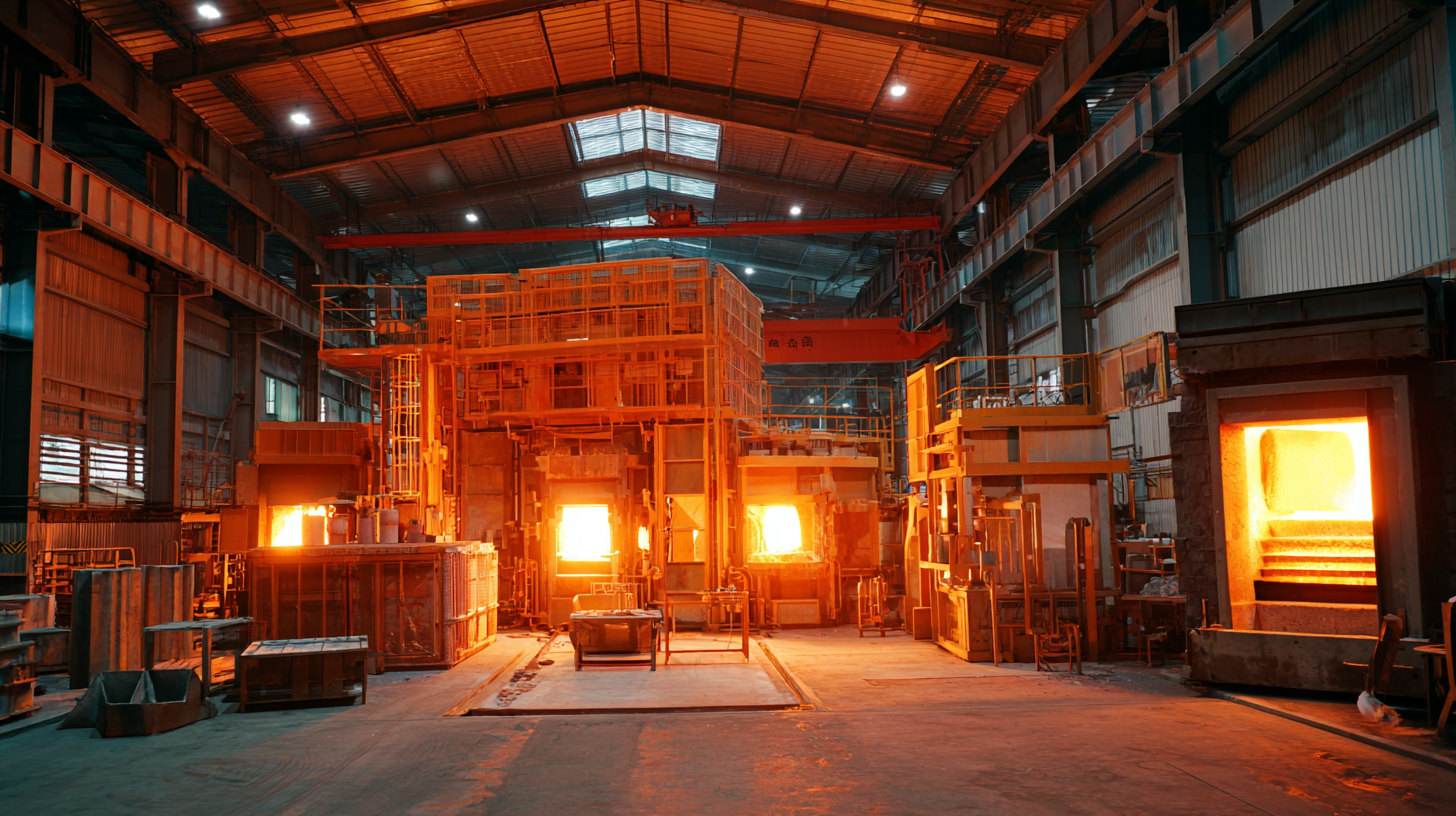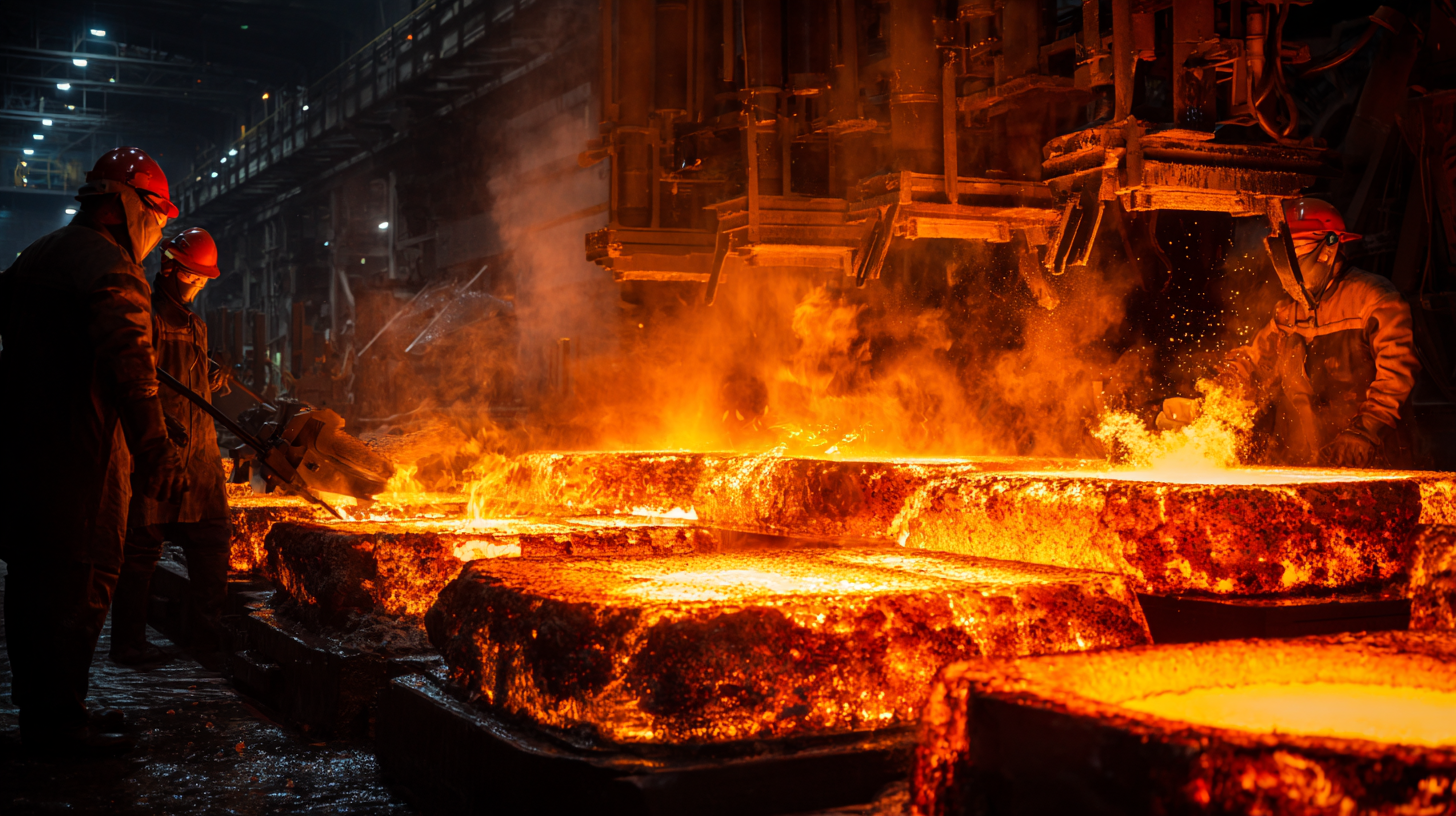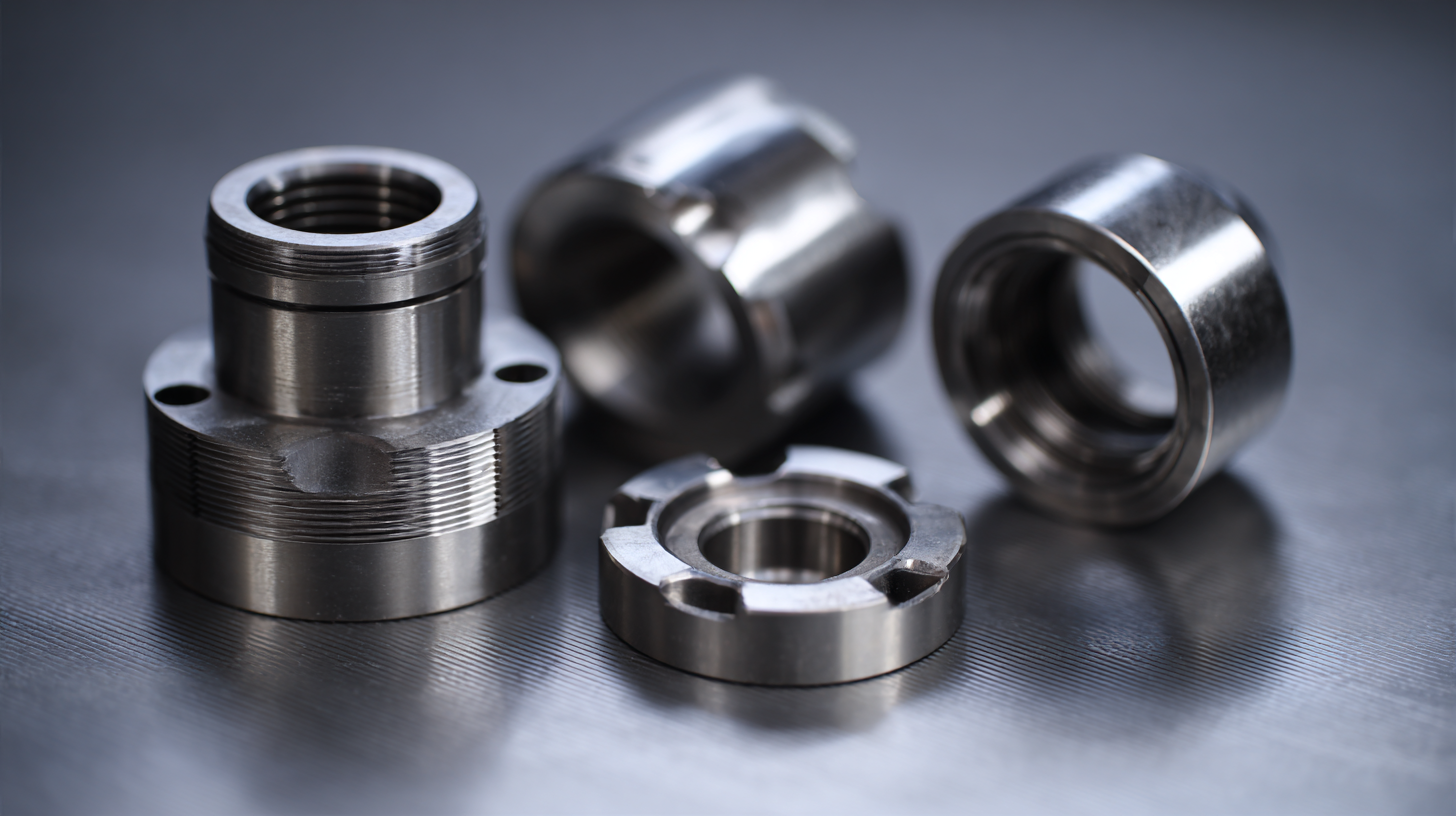In the realm of advanced manufacturing, Silica Sol Precision Casting stands out as a revolutionary technique that not only enhances the quality of cast components but also meets stringent global standards. According to a report by MarketsandMarkets, the precision casting market is projected to reach USD 29.1 billion by 2025, with silica sol casting playing a crucial role in this growth due to its ability to produce intricate designs and superior surface finishes. As industries evolve and demand for high-performance components increases, the importance of technology and best practices in Silica Sol Precision Casting becomes paramount. This blog delves into the common challenges faced by manufacturers in achieving industry excellence, exploring how adherence to global standards can mitigate these issues and propel businesses toward success in an increasingly competitive landscape.

Silica sol precision casting is a sophisticated method that stands out in the manufacturing industry, especially for its ability to produce high-quality, intricate parts with exceptional surface finishes. This casting process leverages fine silica particles suspended in sol to create molds that are both stable and precise. The benefits are clear—products exhibit superior dimensional accuracy and reduced roughness, meeting stringent global standards. According to recent industry reports, the global silica sol market is anticipated to grow significantly, driven by increased demand in sectors like automotive and aerospace, where precision is paramount.
Tip 1: When considering silica sol precision casting, ensure to evaluate the suppliers based on their industry certifications and compliance with international quality standards to guarantee the excellence of the final product.
The process of silica sol precision casting involves several key stages, including the preparation of the sol, mold making, and the actual pouring of molten metal. Each stage requires specific attention to detail and expertise. Additives used in the casting process can significantly influence the outcomes, enhancing properties such as fluidity and adaptability during the phase inversion process. The precision of this technique not only reduces material waste but also optimizes operational efficiency in manufacturing.
Tip 2: It is essential to perform thorough testing of the selected additives to refine the casting process. This can lead to improvements in the physical properties of the final product. Regular analysis and adjustments can ultimately yield better quality control and reduce production costs.
Silica sol precision casting is rapidly gaining recognition in industries where quality and consistency are paramount. To meet global expectations, it is essential that manufacturers adhere to key standards such as ISO certifications and environmental compliance. These standards ensure that the production processes not only achieve high precision but also maintain safety and sustainability, reflecting an organization’s commitment to health and safety values. The implementation of robust quality management systems can help companies navigate these requirements while delivering exceptional products that meet the stringent demands of the marketplace.
Additionally, the emergence of new technologies and materials, such as advanced aerogels, is paving the way for more innovative applications in silica sol casting. These ultralight nanoporous materials offer enhanced performance characteristics and broaden the scope of what can be achieved in various industries, from aerospace to electronics. As global standards evolve, staying abreast of technological advancements and aligning with best practices will be crucial for manufacturers aiming for excellence in silica sol casting. Understanding and managing customers' expectations through transparency and high performance will ultimately position companies as leaders in this competitive field.

In the realm of precision casting, silica sol casting has emerged as a vital technique, particularly for industries requiring high-quality and detailed components. According to a recent industry report by ResearchAndMarkets, the global silica sol market is projected to reach USD 588 million by 2025, driven by its applications in automotive, aerospace, and medical sectors. The innovative techniques employed in silica sol casting not only enhance the surface finish of the cast products but also improve dimensional accuracy, thereby reducing the need for extensive post-processing.

To achieve excellence, leading manufacturers are adopting advanced technologies such as 3D printing for pattern making, which allows for greater flexibility and design complexity. The use of advanced coatings and binders has also been noted to increase both the strength and thermal resistance of molds. Tips for companies looking to leverage silica sol casting include investing in high-quality raw materials and maintaining strict quality control measures throughout the production process. Furthermore, continuous training for employees on the latest casting techniques is vital for staying competitive in this rapidly evolving industry.
The integration of automation and IoT in monitoring casting processes is another innovative trend gaining traction. This allows for real-time data analysis and adjustments, leading to improved consistency and reduced waste. Companies should consider exploring these technologies to enhance operational efficiency. Innovations in silica sol precision casting not only meet but often exceed global standards, ensuring that products are not just functional but also exceptionally crafted.
In the pursuit of excellence in silica sol precision casting, quality control measures play an indispensable role. Effective quality management systems are crucial for ensuring that each step in the production process meets stringent global standards. This involves meticulous planning and execution, leveraging advanced technologies to monitor and improve processes continually. The integration of superior quality control practices not only enhances product reliability but also bolsters the competitive edge of manufacturers in the global market.
As industries increasingly focus on efficiency and quality, the concept of excellence becomes multi-dimensional, paralleling initiatives observed across sectors. For instance, innovative brands are adopting a "service triangle" approach that encompasses operational excellence, maintenance excellence, and talent excellence. By committing to high-quality production standards, companies can ensure the longevity of their products, as seen in various sectors where quality accolades are bestowed upon those who demonstrate superior manufacturing practices. Such commitments are emblematic of a larger shift towards sustainable industrial practices that are necessary for future growth and development.
Silica sol precision casting has gained recognition in various industries for its superior quality and ability to meet stringent global standards. Recent studies indicate that this casting method offers improved surface finish and dimensional accuracy compared to traditional sand casting. For instance, the global silica sol market is projected to grow at a CAGR of 5.7% from 2021 to 2028, driven by increasing demand in sectors such as aerospace, automotive, and medical devices. In the aerospace industry, where precision is critical, companies have successfully utilized silica sol casting to produce components that not only enhance performance but also comply with rigorous safety regulations.
One compelling case study highlights an aerospace manufacturer that implemented silica sol casting for jet engine components. By transitioning to this advanced casting technique, they achieved a 30% reduction in weight without compromising structural integrity. Additionally, the reduced machining requirements led to a 20% decrease in production time, allowing for faster turnaround and reduced costs. Another noteworthy example is in the automotive sector, where a leading car manufacturer adopted silica sol technology for producing intricate engine parts, resulting in improved fuel efficiency and lower emissions. These successful applications illustrate how silica sol precision casting is becoming the preferred choice for industries seeking to enhance product quality while reducing environmental impact.




